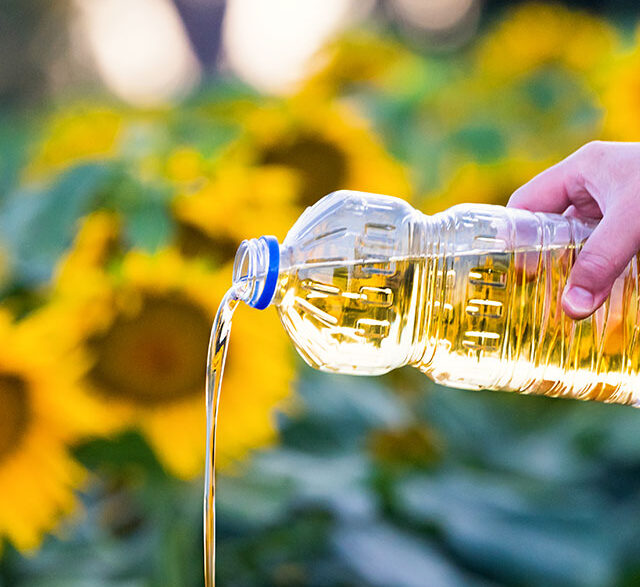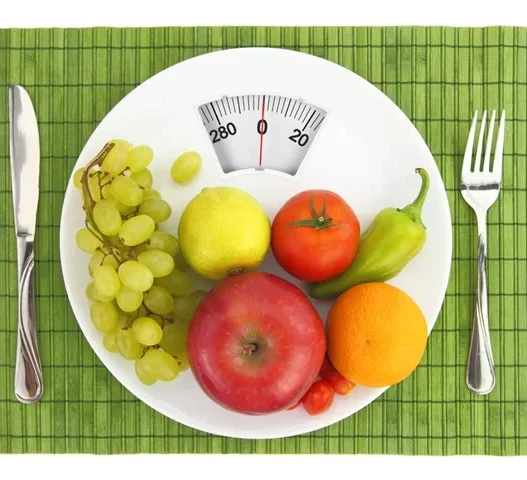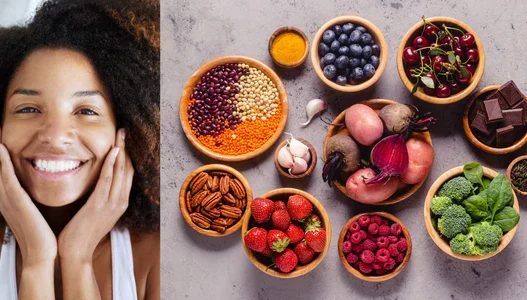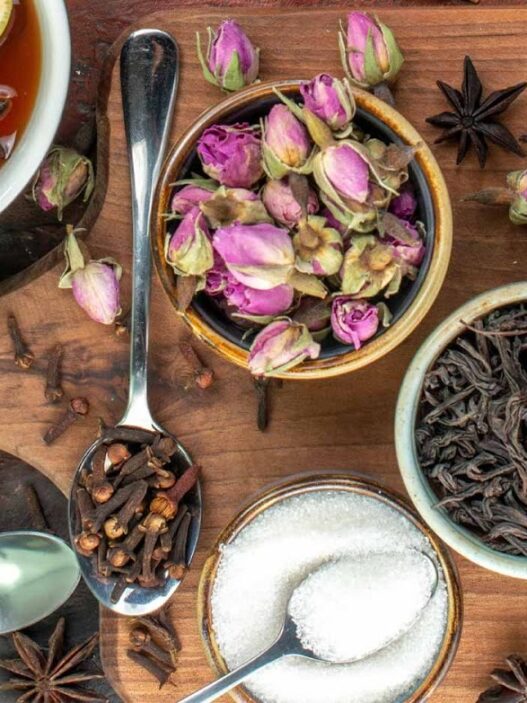When we are attempting to discuss having a healthy diet, we are especially conscious of what we eat in terms of proteins, carbohydrates, and vegetables.
However, the type of oil that we use to cook and prepare our food is one of the most popular and disregarded things in nutrition. So, What oils are bad for you?
Oils are not made equal, some oils are being boasted to be good to our health, whereas other oils might be harmful to our health in their regular consumption.
There is a step in understanding what oils are harmful to an individual and making healthy choices in your diet that can have long-term health benefits.
The first aspect that can define the health effects of an oil is its fats composition and the manner in which it is processed. There are various types of fats that are constituted in oils: saturated, mono and polyunsaturated. The issue is with highly unsaturated oils, in particular, high content of omega-6 fatty acids, and with the processing that causes them to become unstable.
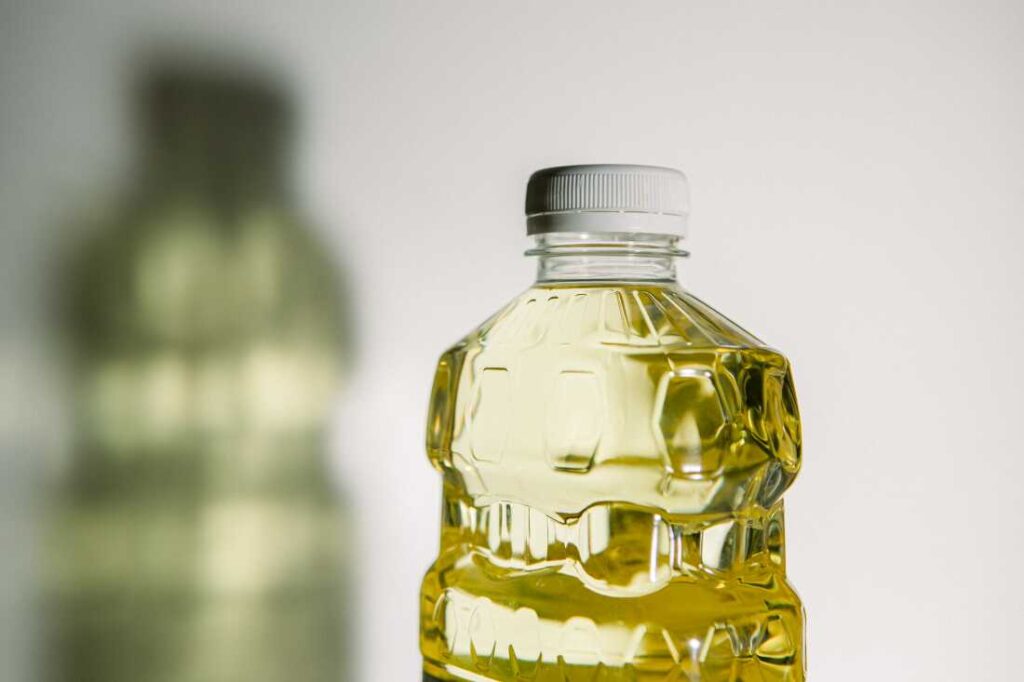
The Sinners of the Sin: Seed Oils Processed Industrially
This group is commonly referred to as the vegetable oils and it contains some of the worst common cooking oils. The main culprits are:
· Soybean Oil
· Corn Oil
· Canola Oil (Rapeseed Oil)
· Cottonseed Oil
· Sunflower Oil
· Safflower Oil
· Grapeseed Oil
These oils are not good because they have a number of reasons:
1. Excessive in Unstable Omega-6 Fats: As much as our body requires small quantity of omega-6 fatty acids, the modern Western diet is excessively over-saturated with it, mostly through these processed oils. This gives an extreme imbalance with the omega-3 fatty acids (fish, walnuts, and flaxseeds).
The optimal balance between the omega-6 and omega-3 is about 4:1 or less but the current average diet is approximated to be 20:1.
This excessive imbalance encourages chronic inflammation of the body which is one of the main causes of many diseases such as heart disease, arthritis, Alzheimer, and even cancer.
2. Vigorously Industrial Processing: This is the type of oils that are not extracted through pressing as in case of olive oil. This requires them to be extracted at high temperatures, with chemical solvents, such as hexane, as well as, intensive industrial processing.
Such cruel treatment does not only deprive it of any natural nutrients and antioxidants, it can also produce harmful byproducts. To render the resulting oil to be palatable, it should then be bleached and deodorized further compromising its quality.
3. Oxidation, Polyunsaturated fats are chemically vulnerable.When subjected to heat, light, or oxygen, such as in processing, on the grocery store shelf, or, primarily, when subjected to high-heat cooking, polyunsaturated fats oxidize.
This implies that they develop free radicals and toxic substances. Upon intake, these oxidized lipids have the ability to destroy cells, proteins and DNA, and add to the inflammation and arterial plaque formation.
The Secret Killer: Partially Hydrogenated Oils (Trans Fats).
Partially hydrogenated oils are prohibited in most countries; however, it is worth mentioning them as one of the most dangerous fats the food industry was offered.
Artificial trans fat are formed by the hydrogenation process which converts liquid vegetable oils into solid fats (such as margarine or shortening). These are fats that are indubitably unhealthy. They:
· Increase concentrations of bad LDL cholesterol.
· Reduced high-density HDL cholesterol.
· stimulate inflammation and insulin resistance.
· Put the heart at a severe risk.
Even though, they are not used as much as they used to be, it is important to still check the labelling of the processed baked goods, frostings and fried foods in order to exclude any leftover products that contain partially hydrogenated oils.
The Verdict on Popular Oils: Palm and Coconut
Discussion of saturated fats is a complicated matter of health. Some saturated fats are currently viewed neutrally or even positively whereas in the past, some were demonized.
Palm Oil: The red palm oil that is not refined contains vitamin and antioxidants. But the palm oil that goes into so many processed foods is a different story as it is refined very highly. It is also associated with severe destruction of the environment in terms of its production. Limiting the consumption is always the better and sustainable sources should be sought in case it is used.
Coconut Oil: This oil is rich in saturated fat although mostly in the medium-chain Triglycerides (MCTs) form, which are slower to be metabolized by the body. Virgin coconut oil is not the miracle food they claim; nevertheless, it is a more stable less-processed cooking oil, and can be included in a healthy diet in small amounts.
Conclusion
But what shall thou use in its place? Pay more attention to less-processed and stable oils of a better fatty acid composition.
- Low to Medium-Heat Cooking and Dressings Extra Virgin Olive Oil (high in stable monounsaturated fats and antioxidants), Avocado Oil (excellent neutral high-heat cooking oil), and Sesame Oil (flavour).
- Avocado Oil, Coconut Oil, and Ghee (clarified butter) have high smoke points and are stable, meaning that they tend to become oxidized less often and form harmful compounds.







